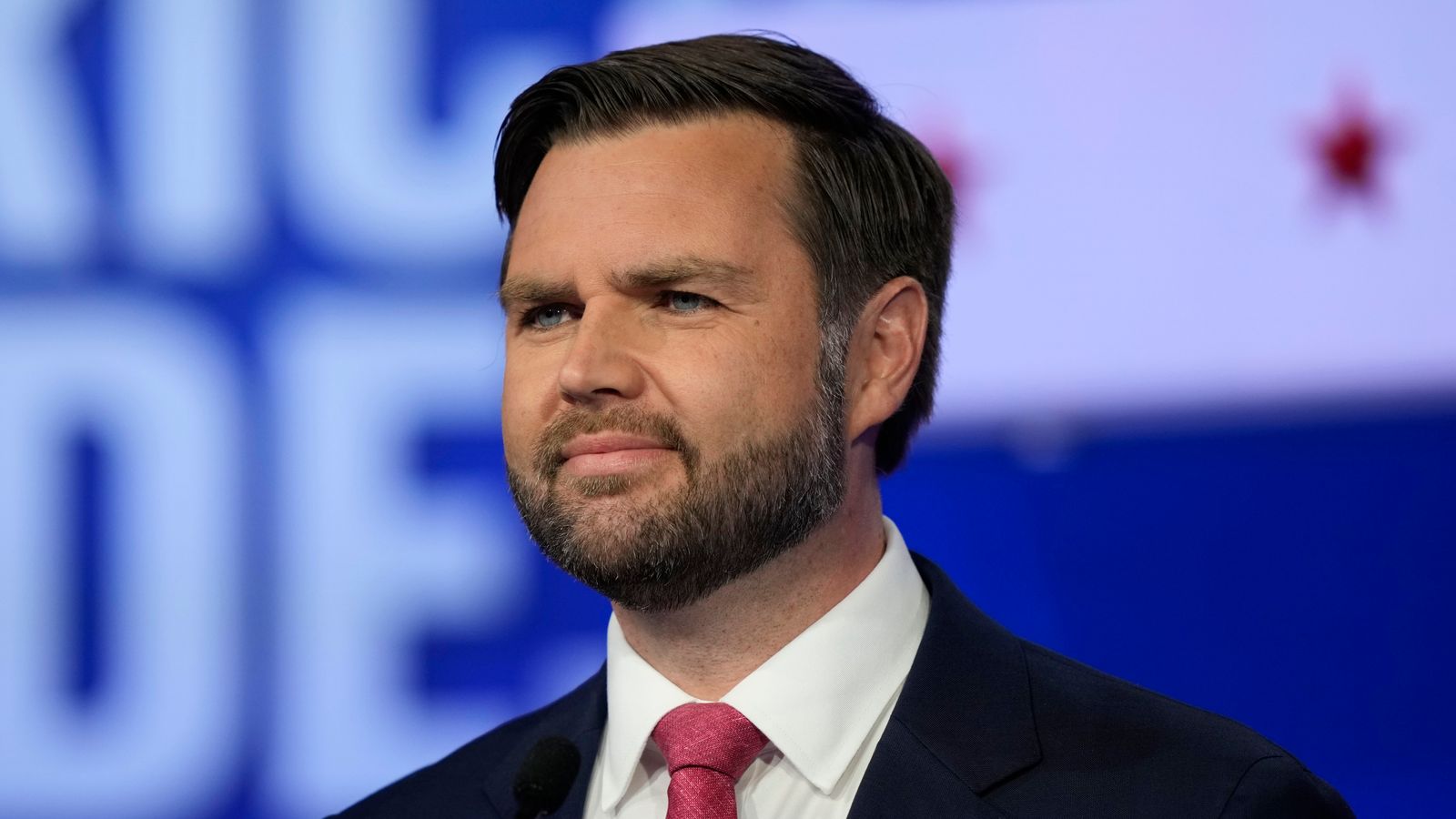Politics
JD Vance denies insulting British troops over ‘random country’ jibe

1. The Spark: JD Vance’s Comments and the Backlash
The diplomatic tension between the US and UK intensified after JD Vance, the US Vice President, made controversial remarks about a potential peacekeeping force in Ukraine. In an interview with Fox News, Vance suggested that such a force might consist of "20,000 troops from some random country that hasn’t fought a war in 30 or 40 years." His comments were perceived as dismissive, particularly towards the UK and France, who have been proactive in proposing a peacekeeping coalition. Vance’s statement sparked immediate backlash, with British politicians accusing him of disrespecting their military contributions in Iraq and Afghanistan.
2. A History of Controversy: JD Vance and the UK
JD Vance’s comments are not his first to ruffle feathers in the UK. During the US presidential campaign, he controversially suggested that a Labour-led UK could become the "first truly Islamist country" with nuclear weapons, drawing outrage. Additionally, Vance criticized the UK and Europe for what he termed a "backslide away from conscience rights," particularly regarding free speech. These remarks highlight a pattern of contentious rhetoric towards the UK, straining diplomatic relations and sparking debates about international respect and cooperation.
3. The Peacekeeping Debate and Geopolitical Implications
At the heart of the controversy is the proposed peacekeeping force for Ukraine, led by the UK and France. This initiative aims to ensure stability post-conflict, although questions remain about the readiness and capacity of contributing nations. Vance’s dismissal of such a force underscores broader disagreements on Ukraine’s security strategy. The Trump administration has proposed a minerals deal granting the US access to Ukraine’s rare earth minerals as a security guarantee. Critics argue that economic incentives are insufficient for deterring future aggression, emphasizing the need for robust military support.
4. Reactions from Across the Pond: British Politicians Weigh In
British politicians swiftly condemned Vance’s remarks, viewing them as a slight against their military contributions. James Cartlidge, Shadow Defence Secretary, accused Vance of ignoring the UK’s significant role in NATO operations, particularly post-9/11. Johnny Mercer, a former Veterans Minister, labeled Vance a "clown," while Liberal Democrat spokesperson Helen Maguire highlighted the sacrifices of British troops in Iraq and Afghanistan. These reactions reflect deep pride in the UK’s military history and a sense of betrayal at Vance’s perceived disregard.
5. Clarifications and the Diplomatic Fallout
In response to criticism, Vance sought to clarify his remarks on X, denying that his comments targeted the UK or France. He acknowledged their bravery in past conflicts but emphasized that his critique was aimed at other nations lacking battlefield experience. Despite this, the damage was done, with UK officials expressing concern over the diplomatic rift. A Downing Street spokesperson noted that Vance’s clarification acknowledged his words were not directed at the UK, but the episode highlighted the fragility of international relations during times of crisis.
6. The Broader Context: US, UK, and the Future of Ukraine’s Security
This diplomatic spat occurs amidst pivotal moments for Ukraine, with the Trump administration pausing military aid and negotiations over a peace deal. The UK has emphasized the need for a strong, US-backed international effort to support Ukraine, highlighting the interdependence of global security strategies. While Vance’s remarks may not reflect the entirety of US policy, they underscore the complexities of alliance politics and the delicate balance required in maintaining coalition unity. This incident serves as a reminder of the challenges in coordinating international responses to conflicts, where historical contributions and future commitments must align to achieve stability.